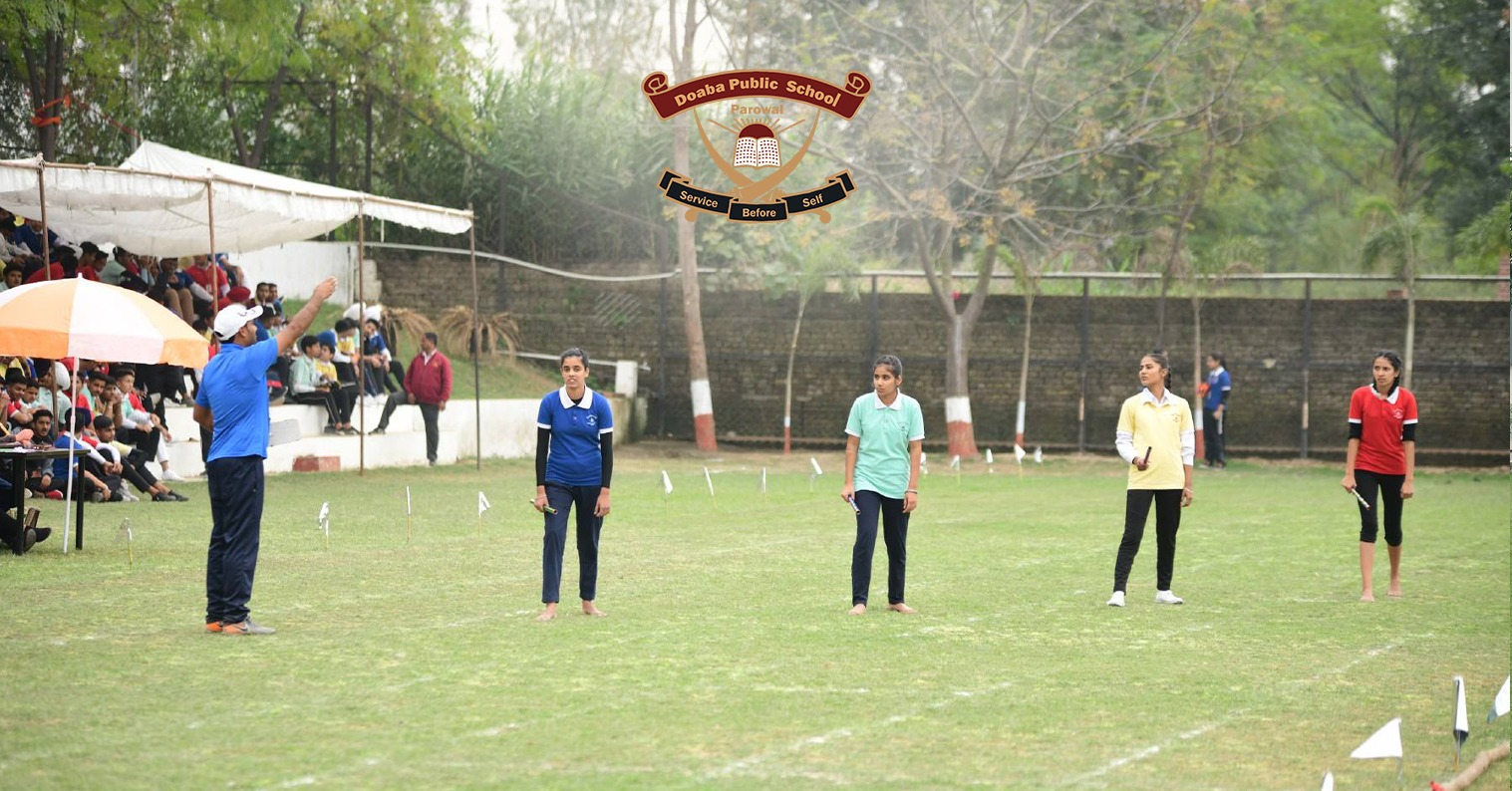
27 Dec Building Social Skills Through Play in Students
Reading Time: 12 minutesDeveloping strong social skills is essential for students as they navigate through school and prepare for the world beyond. One way to foster these skills is through play, which allows students to engage in collaborative and cooperative activities. In this blog, Doaba Public School Parowal, Top CBSE Schools in Garhshankar will explore how play can be used as a tool to build social skills in students.
The Benefits of Play in Building Social Skills
Encouraging Communication
Play provides an opportunity for students to communicate with their peers in a relaxed and enjoyable environment. Whether it’s through negotiating the rules of a game or expressing excitement over a shared accomplishment, play encourages students to engage in meaningful conversations and develop their communication skills.
Fostering Collaboration
Many games and activities require teamwork and collaboration, teaching students the importance of working together towards a common goal. By playing together, students learn to compromise, problem-solve, and support each other, essential skills for successful social interactions.
Developing Empathy and Emotional Regulation
Through play, students can explore different perspectives, understand the feelings of others, and learn to manage their own emotions. Whether it’s taking turns, comforting a friend who’s upset, or celebrating someone else’s success, play provides valuable opportunities for students to develop empathy and emotional regulation.
Incorporating Play into the Classroom
Structured Games and Activities
Teachers can incorporate structured games and activities into their lesson plans to encourage social interaction and skill-building. Games like “Simon Says,” team-building exercises, and group challenges can be effective tools for developing social skills while keeping the atmosphere light and fun.
Role-Playing Scenarios
Role-playing scenarios allow students to practice social interactions in a safe and controlled environment. Teachers can create scenarios related to conflict resolution, expressing emotions, or making new friends, giving students the chance to navigate these situations and develop the skills needed for real-life interactions.
Free Play and Unstructured Time
It’s important to allow students unstructured time for free play, as this gives them the opportunity to explore their interests, interact with peers, and develop their own games and rules. Teachers can provide guidance and support during free play, encouraging positive social behaviors and stepping in when conflicts arise to facilitate resolution and learning.
Conclusion
Play offers a valuable platform for students to develop important social skills in a natural and enjoyable way. By integrating play into the classroom, educators at the Best School in Hoshiarpur help students build strong communication, collaboration, empathy, and emotional regulation skills that will serve them well throughout their academic and personal lives. It’s important for educators to recognize the power of play and leverage it as a tool for holistic student development.

Sorry, the comment form is closed at this time.